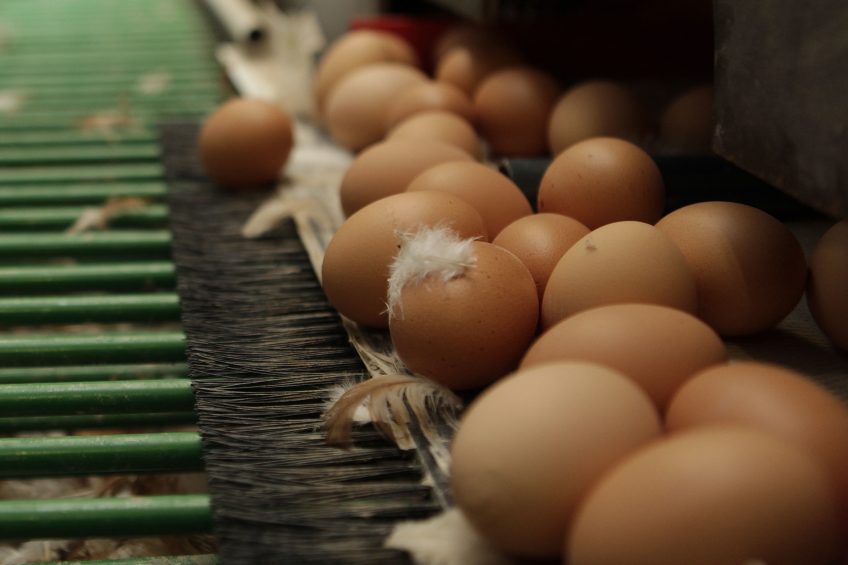Market pressure hampering Ukrainian egg producers

Ukrainian egg producing companies have continued to feel the pressure of negative market conjuncture over the course of 2016, with both major market players, Avangard and Ovostar Union, feeling the pinch.
The Ukraine’s largest egg producer, Avangard, reduced total revenue by a third year-on-year to US$111.1 million over the first 9 months of 2016, partly because of 52% fall in domestic sales to 1.1 billion eggs and a 42% drop in exports to 189 million eggs, the company’s report said.
Egg production versus profit
The second largest egg producer in the country, Ovostar Union also experienced some difficulties. Over the same period, it reduced net profit by almost half to US$12.219 million, the company reported. The reduced profit took place amid growing operational performance, as egg production in the same period rose 21% year-on-year.
The price of eggs over the corresponding period was on average 12% less than in 2015, according to Avangard estimations, but the company still managed to reduce net loss almost 4-times compare to the same period of 2015, bringing it to US$38.8 million. Both companies indicate that the reduced profitability of the egg business, is primarily due to the negative market conjuncture in Ukraine.
Pressure of rising costs
According to Ovostar, over the reporting period the company’s total revenue in hard currency remained comparable to result for nine months of 2015, despite continuing devaluation of Ukrainian hryvnia.
The growth in volumes sold offset the seasonal decrease in prices on shell eggs on Ukrainian market, but the gradually increasing prices on raw materials in hard currency terms resulted in lower profitability in comparison to 9 months of 2015.
Low purchasing power is a problem
At the same time, according to Nataliya Vasylyuk, Chief Executive Officer of Avangard, in 9M 2016 company saw some operational improvements driven by the gradual recovery of the Ukrainian economy amid slowing rates of both inflation and the devaluation of the hryvnia, as well as a slight decrease in tensions in Eastern Ukraine.
However, she added, low purchasing power of local customers continues to be the main negative factor affecting the company’s profitability and hindering stabilisation of the Avangard business. At the same time, low household demand limits shifting increased production costs to local customers by raising prices or increasing sales volumes. Vasylyuk also stated that company’s profitability was negatively impacted by the revised special VAT regime for agricultural producers
AI impact could add to problems
At the same time, on November 30, Ukraine experienced its first outbreak of avian influenza (AI) in 8 years, which forced the European Union to completely ban imports of Ukrainian poultry, while Hong Kong has restricted import of eggs from the Khmelnitsky region, where the outbreak was identified.
The UAE, Iraq and Denmark account for 70% of all eggs exported from Ukraine, according to information of the Union of Poultry Producers in the country. So far, these large importers have not restricted imports of Ukrainian eggs, but market participants are afraid this may happen if the AI spread would gain momentum.













